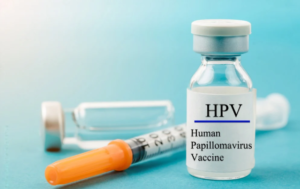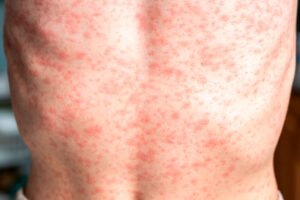Research summary – Safer Vaccines and Vaccination for Spanish and Portuguese-speaking communities in Canada
By Luisa Cunha
Latincouver has commissioned a study with a research company Verapax to investigate the perspectives on vaccination among the Latin American community in Canada – including Spanish- and Portuguese-speaking persons. The goal of the study led by Angela Contreras was to understand the main reasons for vaccination hesitancy and acceptance and the best ways of communicating with people on vaccine-related topics within this community. In total, there were 104 respondents, 64 of those completed a questionnaire, while 42 were interviewed. They consulted Latin Americans from different age groups, nationalities, immigration statuses and regions across Canada.
The study points out that the Latin American community is receptive to the COVID-19 vaccine and vaccinations. In general, most respondents have been immunized against COVID-19. People who are inserted in the community, have access to reliable information, and have permanent immigration status in Canada are more willing to take the vaccine.
However, there is still some hesitancy in getting immunized against COVID-19. For people that are willing to get the vaccine, barriers such as the need for health services in their native language, accessibility issues, and lack of appropriate transportation prevent people to do so. Other issues such as social isolation, misinformation, and temporary/uncertain immigration status may also discourage people in this community from getting vaccinated.
Key findings
- 100% of the respondents are not hesitant to get vaccinated in general
- 99% of respondents have been vaccinated against illnesses, except for COVID-19
- 99% of Spanish speakers and 97.5% of Portuguese speakers have received at least one shot of the COVID-19 vaccine
- 91% have been fully immunized against COVID-19 (1-2 doses of the vaccine)
Hesitancy
Due to cultural and historical reasons, Latin Americans tend to be pro-vaccines – Latin America has a long history of public vaccination campaigns against different illnesses.
Of those who have taken the COVID-19 vaccine, 90% are permanent residents, Canadian citizens or visa exempts. In fact, people with a permanent status tend to have knowledge that the vaccine is beneficial and safe. Respondents with a temporary/uncertain immigration status may be receptive to taking the vaccine, however, they require support from the community in a proper and culturally safe manner.
Access to Information
Latin Americans with social networks that engage in the workforce or education in Canada are able to access appropriate information on health, immunization and COVID-19. Those who are not engaged in the workforce or education, and instead engaged in leisure and religious activities access evidence-based and unreliable information on health, immunization and COVID-19.
Respondents wish to get information in their native language (Spanish or Portuguese), and from health or legal authorities. The preferred means of communication were in-person, straightforward and from reputable authorities or social workers.
Equity concerns
Perspectives and knowledge regarding vaccines vary according to different social factors such as gender, economic status, legal status, language competency, and digital literacy. The views on vaccine safety and benefits tend to vary more for those who are isolated and from equity-deserving groups.
You can access the full study here and find out more about how Latincouver and the community can improve vaccine-related messages to Latin Americans in Canada https://www.latincouver.ca/wp-content/uploads/2022/12/Final-research-report-from-Verapax-for-Latincouver_28Oct22.pdf
References
Contreras, A. (2022). Safer Vaccines and Vaccinations for Spanish and Portuguese Speaking Communities of Latin-American origin residing in Canada. Report from a Pan-Canadian Participatory Research Study. Latincouver Cultural & Business Society. Vancouver, B.C.





